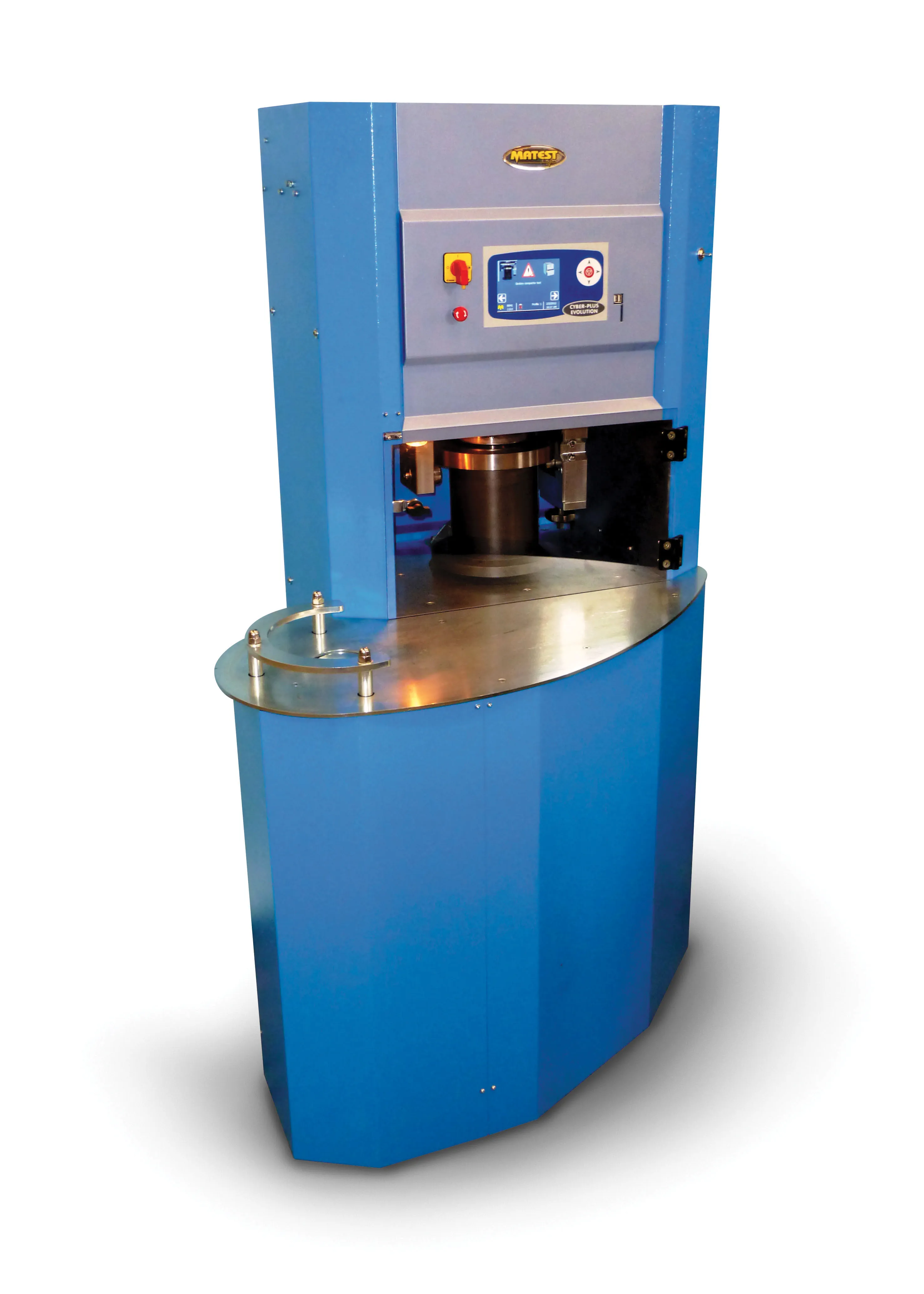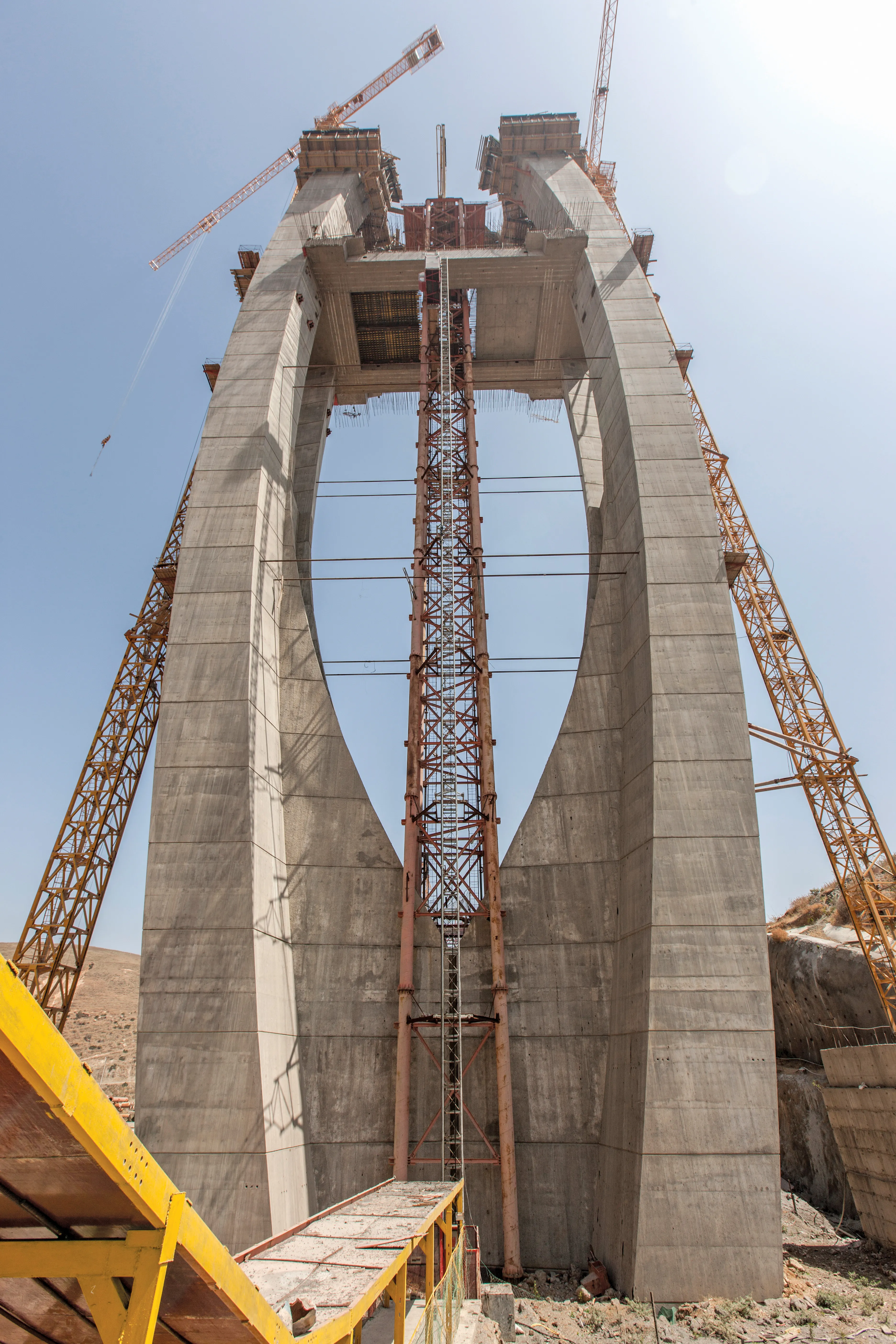The aim of the Plus+ solution is to offer significant reductions in on-street installation and maintenance time, improved safety and reduce deployment costs compared to conventional methods.
In short, it’s easier and faster to install and later maintain, explained Keith Manston, head of product management for Siemens.
Signals can be pre-assembled and the system uses low-level access poles, meaning installation engineers spend less time working on-street and so reduce risk to themselves and public disruption.
The new ST950 Plus+ system no longer uses many individual connections between signal heads and controllers. Instead it uses simple four core cables and intelligent communications to reduce the installation effort.Plus+ uses dedicated failsafe controllers, signal heads and pedestrian indicators. It also incorporates new smart-loop modules ensuring the system is tolerant of individual component and cable damage. The result is higher intersection availability and reduced disruption to the travelling public.
Fewer cables for Siemens ST950 Plus+ traffic controller
The latest controller and signals system from Siemens, the ST950 Plus+, uses fewer cables and a smaller controller cabinet than other systems.
The aim of the Plus+ solution is to offer significant reductions in on-street installation and maintenance time, improved safety and reduce deployment costs compared to conventional methods.
In short, it’s easier and faster to install and later maintain, explained Keith Manston, head of product management for Siemens.
November 8, 2017
Read time: 2 mins
The latest controller and signals system from 1134 Siemens, the ST950 Plus+, uses fewer cables and a smaller controller cabinet than other systems.









